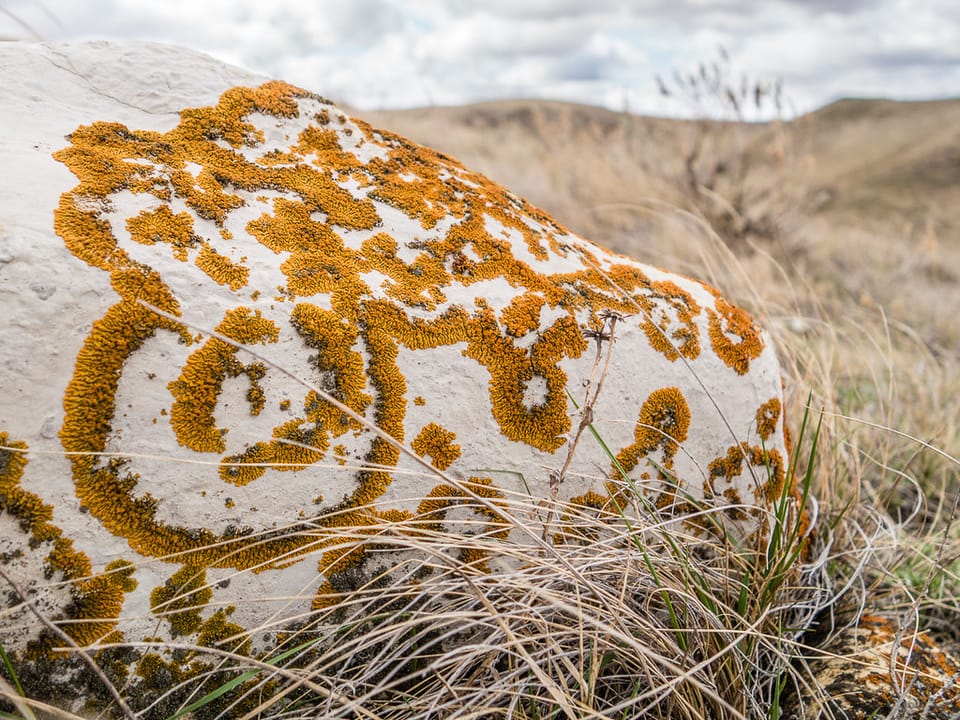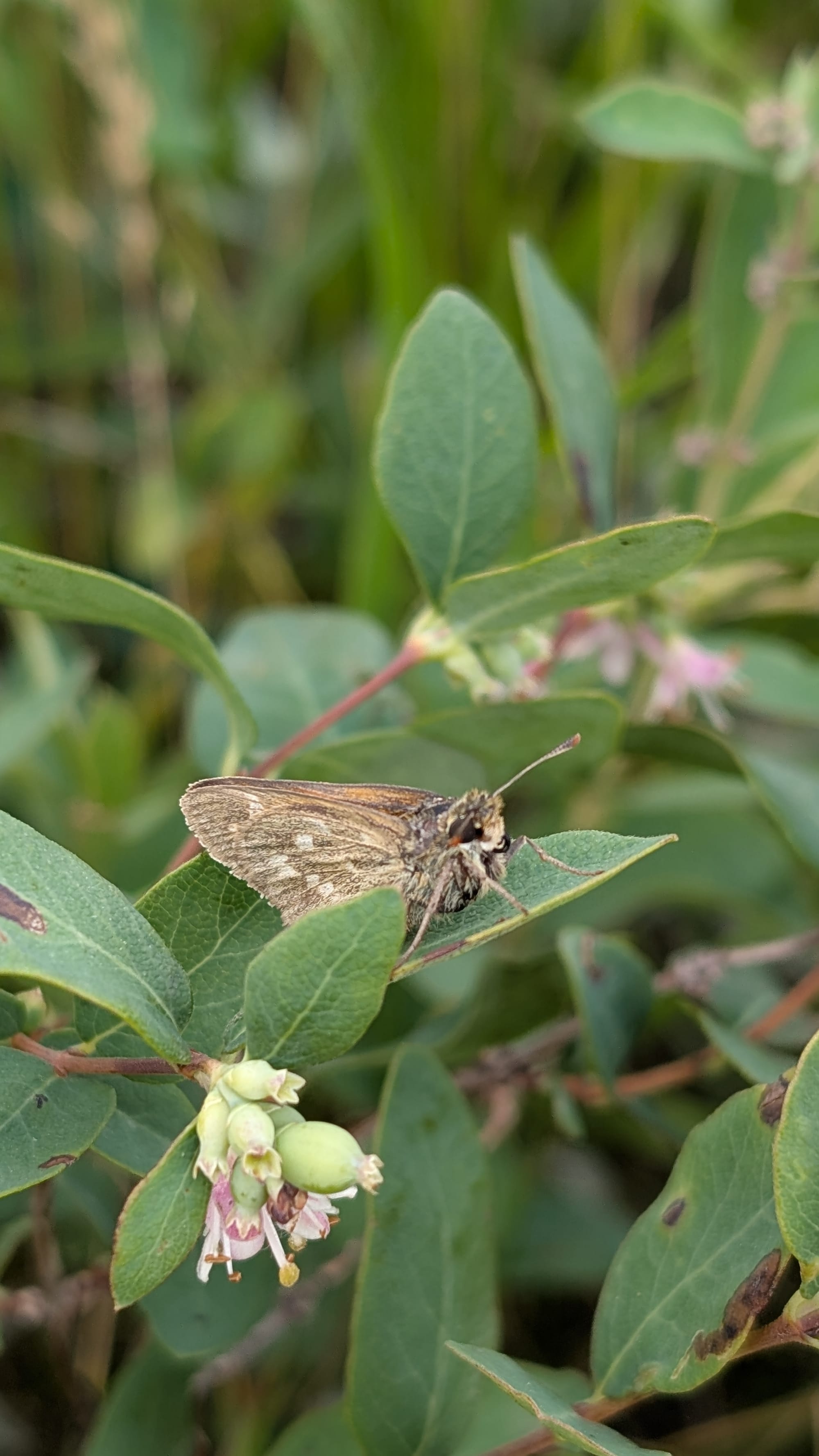EcoWest News, October 14, 2025

Welcome to EcoWest News, a weekly round-up of news and resources that you can put to use in addressing environmental issues and protecting the wild in your community.
Across the West
Indigenous, environment, and health groups reject the Alberta government’s recommendations to treat and release oil sands tailings into the Peace Athabasca watershed. [CPAWS-NAB]
The federal government’s endorsement of LNG Canada Phase 2, a large liquified natural gas export terminal on the BC coast, is bad news for anyone who cares about Canada’s carbon emissions or Canadians’ tax dollars. [Pembina Institute]
A new study from UBC states traditional flood management focused on the “200-year flood” underestimates the growing risk as climate change and land-use pressures intensify. However, nature-based solutions (tree planting, wetland restoration, sponge cities, and lower-impact logging practices) can significantly reduce flood frequency. [UBC]
Government and industry need to show leadership in adapting their forest management practices to address wildfire risk, even if it means less profit. The conversation has begun in Manitoba. [The Narwhal]
The Government of Saskatchewan has paused the sale of Crown lands but does not appear to have changed direction as their definition of productive land use appears limited to crop yields. [Public Pastures-Public Interest]
Across Canada
Canada lags behind with only 4 out of 17 ports offering shore power to cruise and container ships which would eliminate the need to burn polluting heavy fuel and marine diesel. [CBC]
Around the World
Worldwide renewable energy capacity is projected to more than double in the next 5 years with solar representing the lion’s share. China is expected to account for close to 60% of global growth. [Inside Climate News]
We could get rid of around half the warming impact from aviation if we tackled contrails. The impact would be almost immediate and cheap. [Sustainability by the Numbers]
Making a Difference
Solar chimneys harness a naturally induced flow of air to cool buildings. This energy-saving architectural device first appeared thousands of years ago in ancient Persia and Rome. It’s now in use in downtown Toronto. [The Energy Mix]
Imagine an outhouse that doesn’t stink. UBC researchers are testing a mushroom-powered waterless toilet that absorbs 90% of the odour-producing compounds. [CBC]
Social Print Paper, a New Westminster-based company, is using sugar cane waste to make printing and copy paper. [The Tyee]
A top footballer rides his bike or takes public transport to practices, wears secondhand clothing, and uses his large social media base to advocate for climate action. [BBC]
Biodiversity
“If rewilding is to fulfill its promise of rebuilding functional ecosystems, fungi should be brought into the discussion … Rewilding for fungi means creating the conditions in which they can thrive; rewilding with fungi means recognizing that ecosystems cannot thrive without them.” [Rewilding]
The Entomological Society of Saskatchewan conducted a survey to look for Dakota Skippers this summer and were pleased to discover a female, something that hasn’t happened in Saskatchewan since approximately 2016. They may also have found a male at a different site. Dakota Skipper butterflies have a 3-week lifespan in June and July. They’re found on tall grass and prairie grasslands where the caterpillars feed on native grasses. Their population has been declining due to destruction of prairie habitat. [Wikipedia] Photo credit: EntSocSK

Thermal refuges, sites within a stream that are significantly cooler than the surrounding water, allow salmon to escape lethal temperatures during increasingly hot summers. Low-level restoration techniques to improve their function are being tested. [Raincoast Foundation]
Nature’s Wonders
Insects that neatly tuck away their wings, a chick’s developing gut, and the lightning-fast accordion-like neck of a protist are all examples of animal origami. [Knowable]
Photo credit: https://www.flickr.com/photos/apmckinlay/17315888642
EcoFriendly West is taking a short break. EcoWest News will be back online on October 28, 2025.
EcoFriendly West informs and encourages initiatives that support Western Canada’s natural environment through its online publication and the Nature Companion website/app. Like us on Facebook, follow us on BlueSky, X, and Mastodon, or subscribe by email.

Member discussion